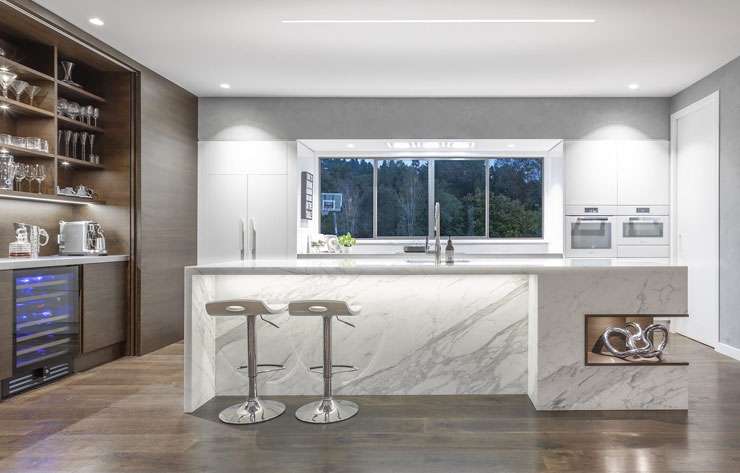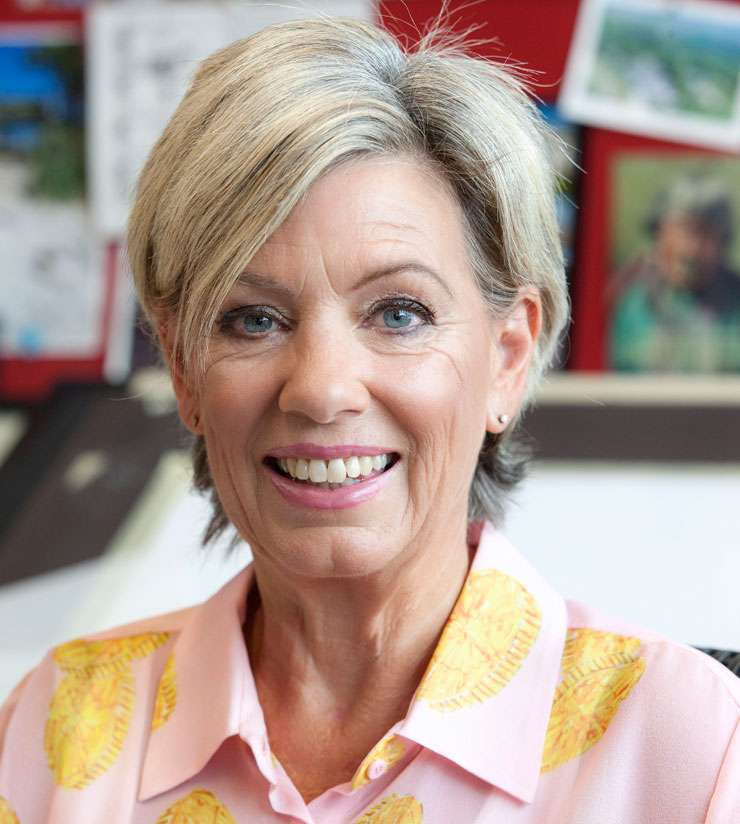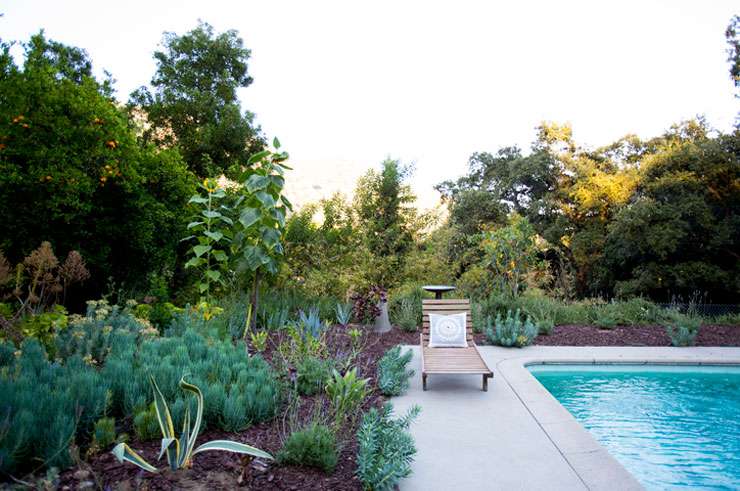The abrupt halt to expensive overseas trips as a result of Covid-19 seems to have led to an increased thirst for large-scale renovation work, as wealthy Kiwis earmark their holiday money for home makeovers.
Architect Jane Aimer, director of Scarlet Architects, which specialises in high-end renovations of classic villas and bungalows, was shocked by the amount of enquiries her firm received after the country came out of lockdown.
“To our surprise, we had lots of work and it wasn’t long before it we were back to business as usual,” she said.
She’s noticed people’s priorities have shifted as a result of the pandemic. “We were designing a villa renovation for one couple, who changed their minds completely and are moving to the country,” she says.
Start your property search
Aimer notes that her clients appear to be confident they’ll get through the anticipated economic downturn, and since they can’t travel overseas, they’re using the money they’ve saved elsewhere.

A kitchen by Celia Visser Design. Celia Visser says she’s busy working with returning expats and locals. Photo / Supplied
Kitchen designers are busy too. Celia Visser, of Celia Visser Design, says that she’s been working a lot with people who got tired of their surroundings during lockdown.
“I think they saw all the things that were dated, or somehow wrong, and decided to do something about it and their priorities probably changed because of our borders being closed,” she says.
Money doesn’t seem to be an issue, with most of Visser’s customers opting the best products and best materials. “There’s a definite demand for using New Zealand-made wherever possible, which is what I do anyway, and that means I haven’t seen any major product shortages, but I know there is a delay in getting certain appliances in from overseas,” she says.

Jane Aimer, director of Scarlet Architects. She was surprised by the level of enquiry she’s had post lockdown. Photo / Supplied
Based on the number of enquiries she’s had, she expects to stay busy for some time.
Landscaper Tony Murrell, of Murrell Gardens, has been similarly busy.
“It’s phenomenal and certainly not like a normal winter, when we generally work on booked projects,” he says.
Murrell says that people who had made plans for their gardens over the early autumn days of lockdown were very keen to get started on those revamps once restrictions were lifted, and his phone was running “red hot”.
“The only problem is that the nurseries we use are running out of stock – especially in hedging, and unfortunately some smaller ones have closed down.
“I’m having to source plants from further down the North Island, and even the South Island.”
Murrell says that the landscape design industry is so busy at present, he’s unable to find the number of gardeners he needs, but he knows that many people displaced from other industries, which were negatively impacted by Covid-19 are re-training, in horticulture, and says he hopes to employ some of them in due course.
Meanwhile, it isn’t just plants that are in short supply.

Landscaping services are in demand but there’s a shortage of gardeners. Photo / Getty Images
“I’ve been waiting for over two weeks for some fencing pickets, because the timber people can’t keep up with demand.”
He says that although people are excited about their gardening projects, they’re also very relaxed, and ready to wait while he searches for the plants and hard-landscaping material he needs.
“There’s a really nice energy out there, and I’m enjoying what I do more than ever.”
At Pools by Design, director Toby Borrett says the day before lockdown began, he was forced to fill in a pool he’d been digging.
“That was a bit frustrating, but we couldn’t leave a huge hole in the ground over winter!”
Since life has almost returned to normal, he too has found his business rebounding and agrees that in many cases it’s likely being funded by overseas trip savings accounts.
He says that being a big-ticket item, only a certain number of people are going to put well upwards of $100,000 into a pool.
“And I think they’re also the sort of people who still feel safe in terms of income.”










































































